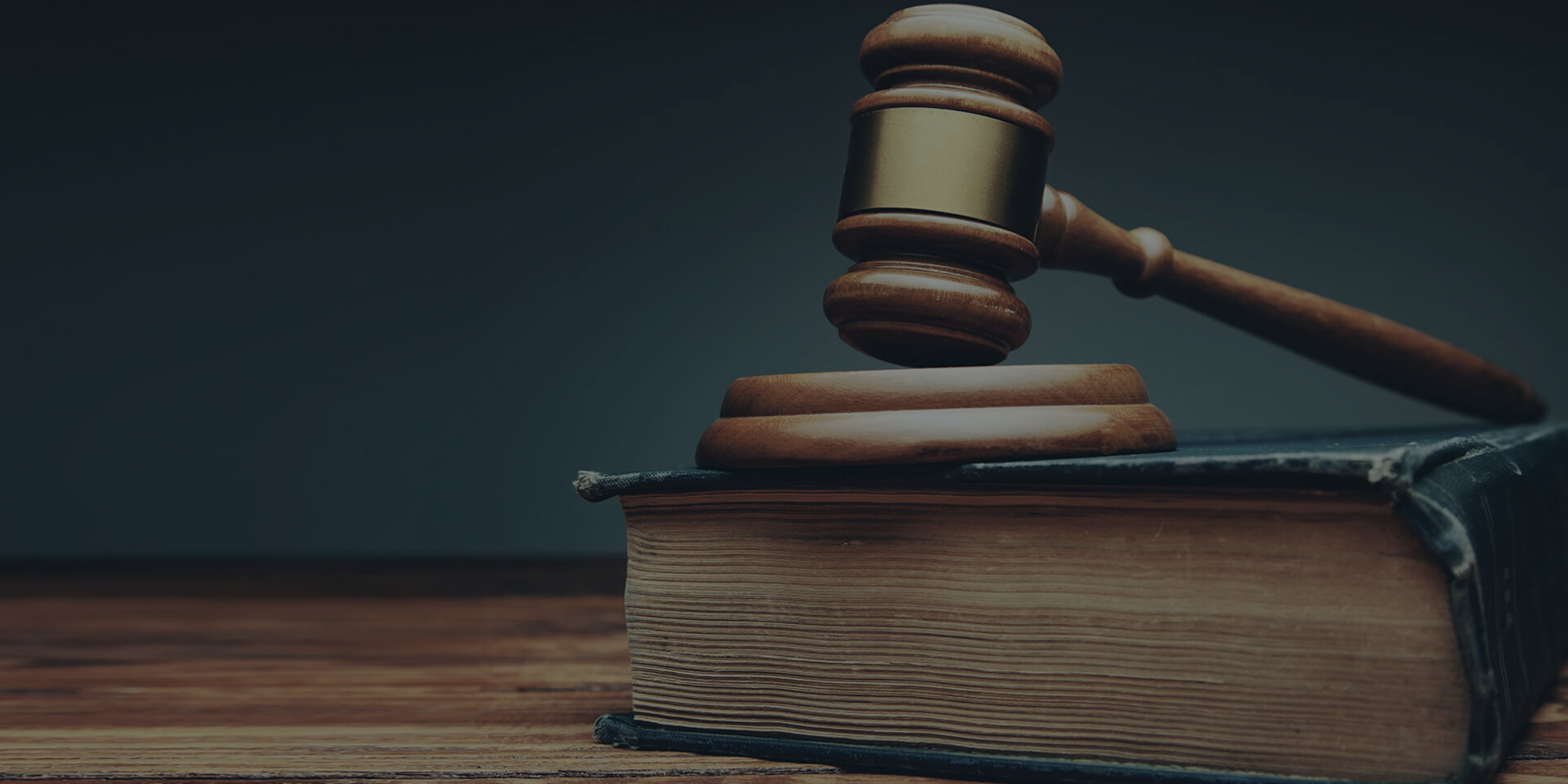Securing Second Chances: The Indispensable Role of a Bail Bond Agent in PA”
Navigating the violent waters of legal difficulties and incarceration demands an aide who not just grasps the intricacies of the equity framework yet additionally intensely trusts in securing second chances. This is where a bail bond agent in Pennsylvania (PA) turns into an indispensable ally, providing a financial channel to temporary opportunity as well as extending a hand of help that assists individuals and their families with navigating through a portion of life’s most challenging minutes.In the mind boggling landscape of arrests and ensuing legal battles, a bail bond agent pa turns into a linchpin that assists in holding the fragile threads of normalcy, family obligations, and personal obligations together.
The role of a bail bond agent is profoundly intertwined with the local area’s impression of equity and fairness. They stand immovably on the principle that each individual merits a fair chance to protect themselves while maintaining a semblance of their regular life, underpinning the foundational legal confidence in ‘innocent until demonstrated blameworthy’. In this capacity, bail bond agents guarantee that individuals can continue to satisfy their family and societal roles while awaiting trial, thereby minimizing potential disturbances and upheavals in their personal and professional circles. This profession, however heavily limited by legal and financial frameworks, often transcends into a more humanistic role, providing emotional and psychological help to clients and their families.
In bail bond agent pa, where the judicial framework is stringently organized at this point invariably swarmed, a bail bond agent plays an integral role in mitigating the potential logjam of individuals awaiting trial. They offer a crucial support that guarantees the smooth functioning of the legal framework while also safeguarding an individual’s more right than wrong to opportunity and fair trial.Ultimately, bail bond agents in PA represent a critical part within the equity framework, intertwining the legal and the humane, ensuring that the path from arrest to trial is navigated with pride, understanding, and a fair chance for safeguard. Their role weaves through the multifaceted tapestry of law, finance, and social stability, securing second chances and maintaining harmony in the delicate balance of societal equity and individual privileges.










